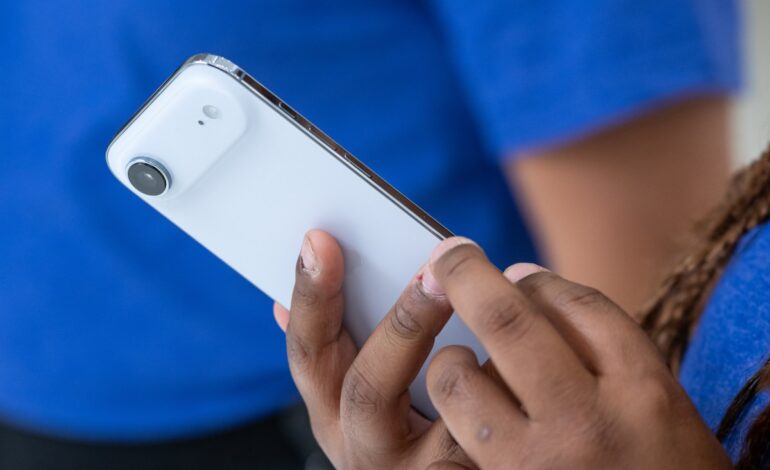Apple Launches New iPhone Security Feature to Combat Spyware

Apple has introduced a new security feature aimed at enhancing the protection of its latest devices, the iPhone 17 and iPhone Air. This feature, named Memory Integrity Enforcement (MIE), is designed specifically to counteract vulnerabilities exploited by spyware developers and surveillance technology vendors. The announcement came amid a series of product unveilings, but this particular advancement could have significant implications for user privacy and security.
MIE addresses common memory corruption bugs that are frequently targeted by both spyware creators and manufacturers of phone forensic tools used by law enforcement. According to Apple, “Known mercenary spyware chains used against iOS share a common denominator with those targeting Windows and Android: they exploit memory safety vulnerabilities.” The introduction of this feature is expected to complicate operations for those involved in creating spyware and zero-day exploits, especially as cybersecurity experts suggest that the latest iPhones may now represent some of the most secure consumer devices available.
A cybersecurity researcher, who has worked extensively in the field, elaborated on the implications of MIE, stating, “The iPhone 17 is probably now the most secure computing environment on the planet that is still connected to the internet.” This sentiment is echoed by other experts in the field, who assert that the new security measures will likely increase the costs and complexity associated with developing exploits for these devices.
Significant Changes in the Cybersecurity Landscape
Jiska Classen, a professor at the Hasso Plattner Institute in Germany, indicated that MIE could effectively render many existing exploits ineffective. “I could also imagine that for a certain time window some mercenary spyware vendors don’t have working exploits for the iPhone 17,” Classen commented. Patrick Wardle, a cybersecurity researcher and founder of a startup focused on Apple device security, noted that users concerned about potential hacks should consider upgrading to the new iPhones.
Experts suggest that MIE will enhance defenses against both remote and physical attacks. This includes protection against sophisticated spyware such as NSO Group’s Pegasus and hardware-based hacks utilizing tools like Cellebrite and Graykey. By reducing the effectiveness of memory-related exploits, MIE aims to mitigate the risks associated with widespread vulnerabilities that are commonly exploited in modern devices.
MIE operates on a foundation known as Memory Tagging Extension (MTE), originally developed by chipmaker Arm. Apple has collaborated with Arm over the past five years to enhance this technology into the new implementation, Enhanced Memory Tagging Extension (EMTE). This advancement allows Apple to maintain complete control over its technology stack, which is a distinct advantage over many competitors.
The implementation of MIE involves assigning a unique secret tag to each piece of memory within the device. Only applications with the corresponding tag can access the memory, enhancing security by blocking unauthorized access attempts. If an app fails to match the tag, it triggers a crash and logs the event. This feature is critical for identifying potential threats, as many exploits are likely to provoke such crashes.
The Future of Mobile Security
MIE will be enabled by default across the system, providing protection for essential applications such as Safari and iMessage, which are often targets for spyware. However, third-party apps will need to adopt MIE independently to enhance their defenses. This could result in a gradual improvement in overall security, dependent on how many developers implement the new technology and how quickly consumers adopt the latest devices.
While experts acknowledge that MIE represents a significant step forward in mobile security, they also caution that some adversaries will likely continue to develop successful methods of infiltration. Matthias Frielingsdorf, vice president of research at iVerify, emphasized that while MIE could substantially increase the costs for attackers, the presence of buyers will always sustain the market for malicious software.
In conclusion, Apple’s new Memory Integrity Enforcement feature stands to reshape the landscape of mobile security, potentially making it more challenging for spyware developers while providing consumers with enhanced protection. As these advancements are rolled out, the true impact on the cybersecurity environment will unfold in the coming months.






